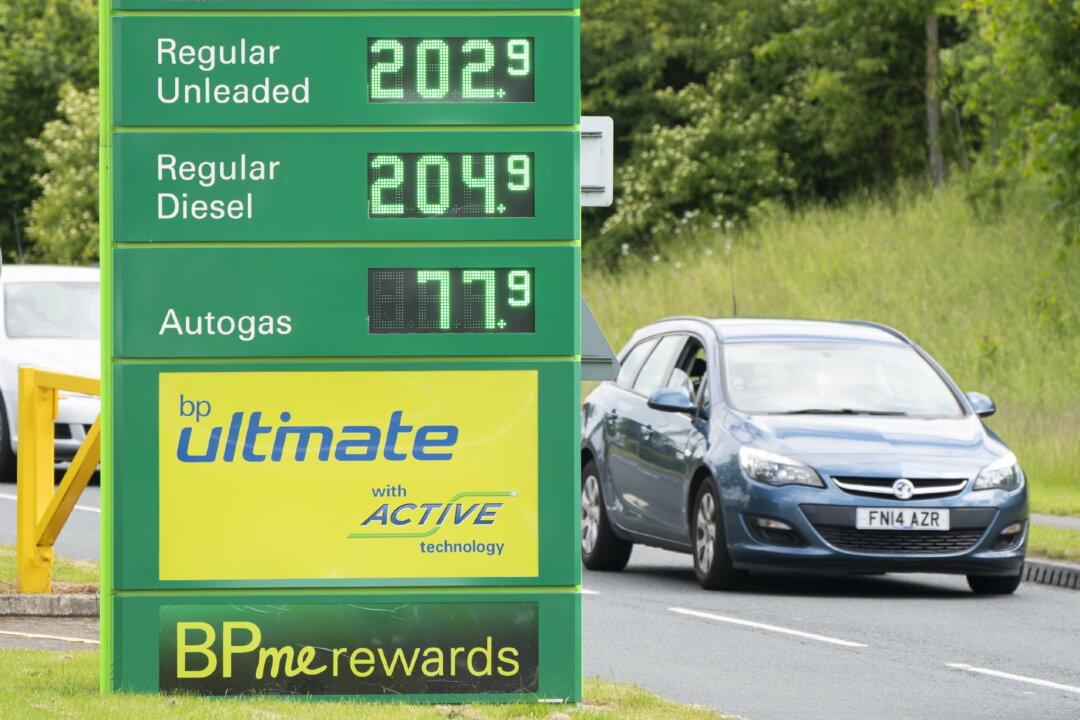The cost of filling up an average family car with petrol has risen above £100 ($125) for the first time, as fuel prices keep rising in the UK.
According to data firm Experian Catalist, the average price of a litre of petrol at UK forecourts reached a record 182.3p ($2.29) on June 8, an increase of 1.6p from a day before. This means the average cost of filling a typical 55-litre family car is £100.27.





